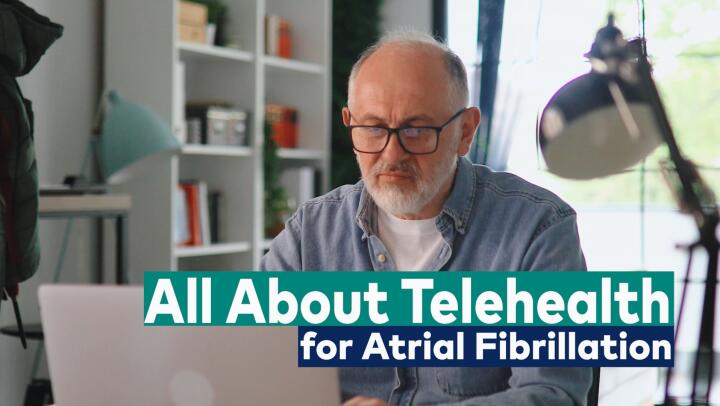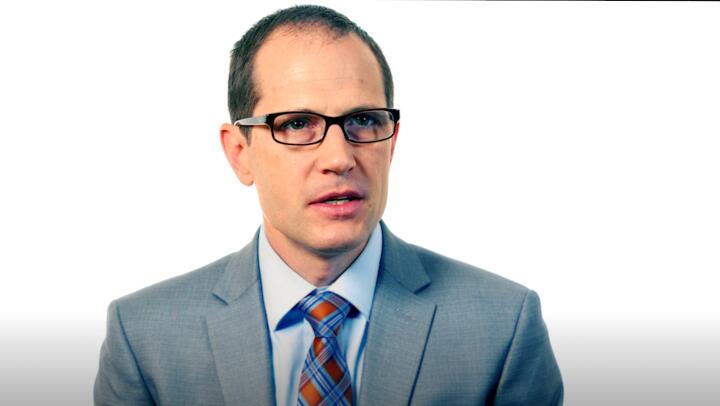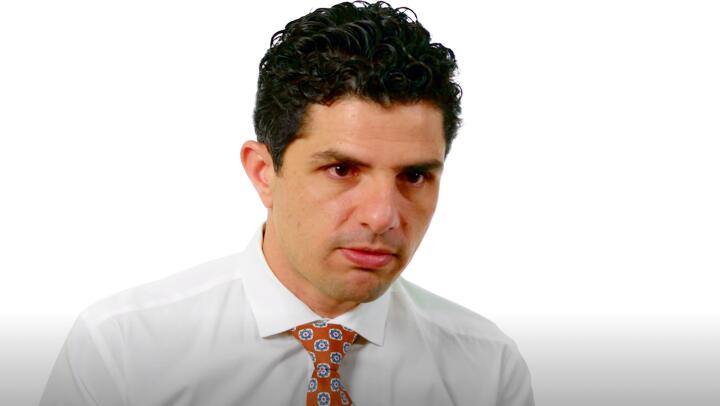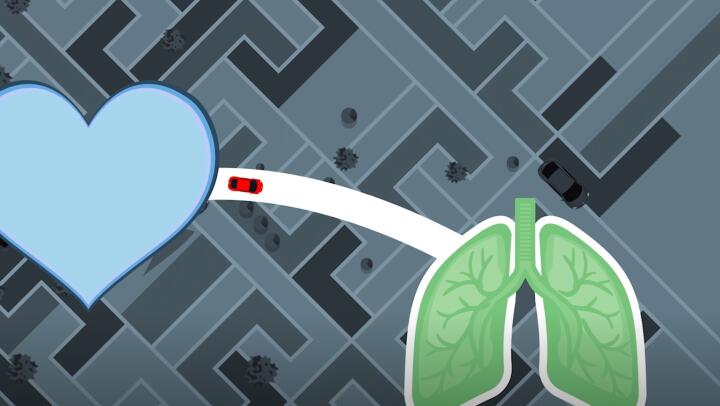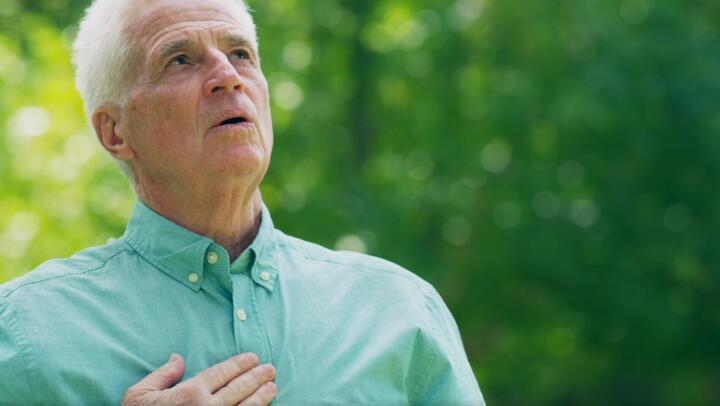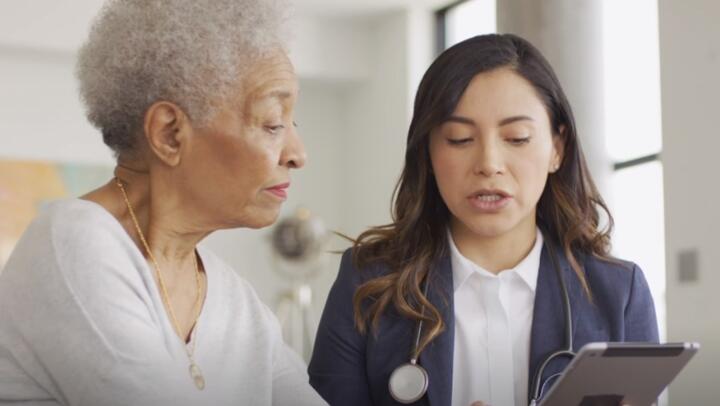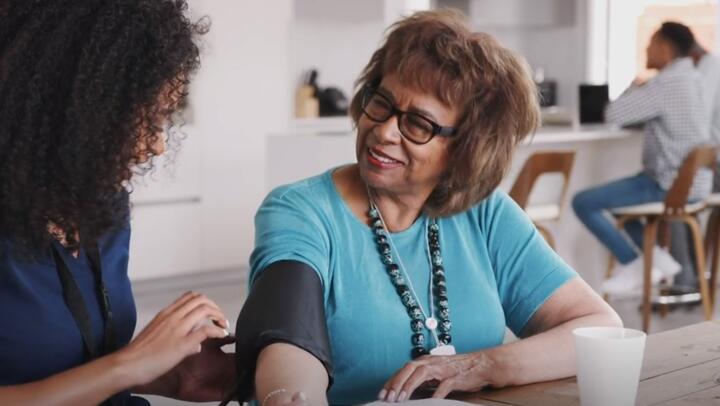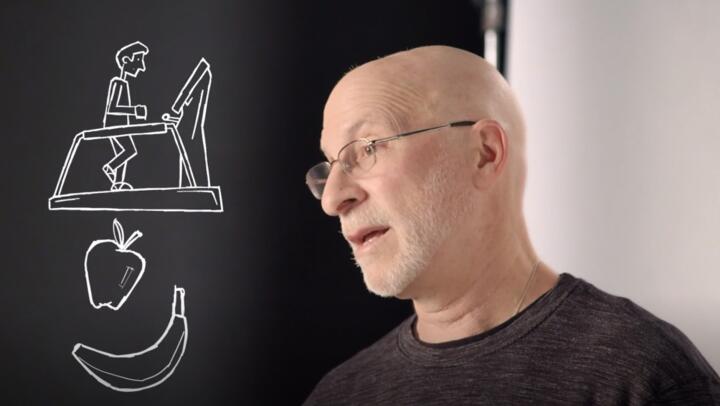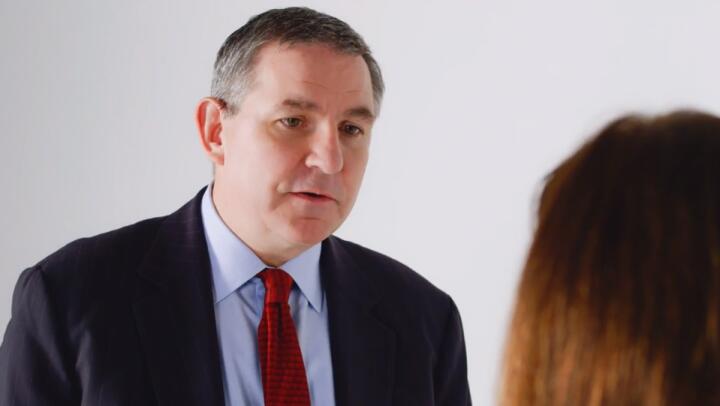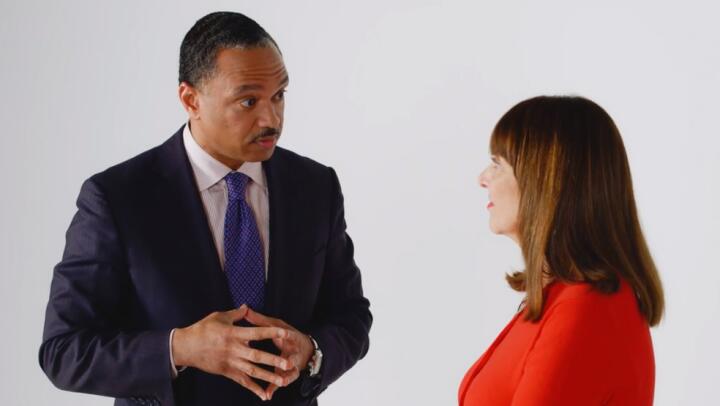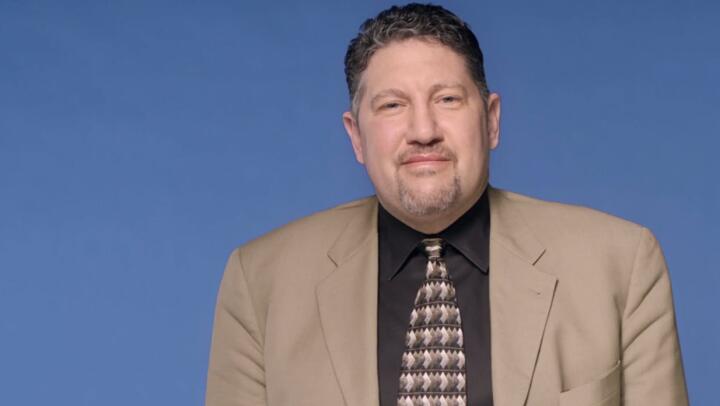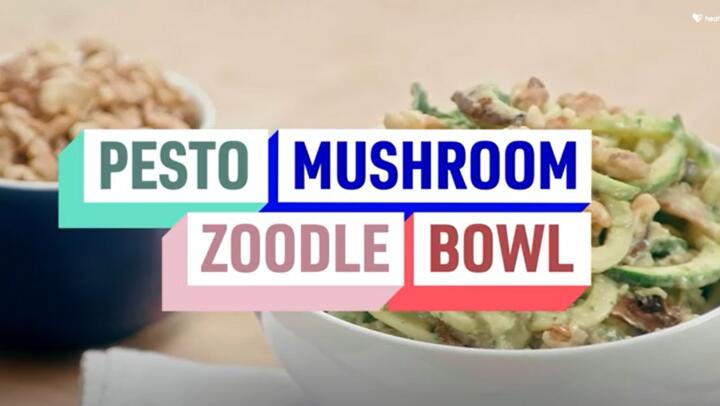Atrial fibrillation (afib) is an unpredictable disease. The link between some triggers and afib is hard to prove, and triggers affect some people differently than others.
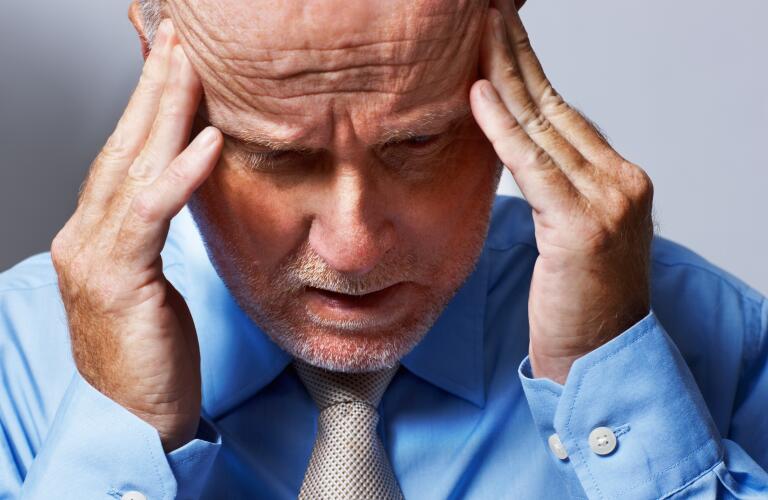
Atrial fibrillation (afib) is an unpredictable heart disease that makes your heart beat rapidly and irregularly. An abnormal heart rhythm is called an arrhythmia. Atrial fibrillation is the most common arrhythmia among Americans. There are many possible causes including thyroid disease, high blood pressure, and coronary heart disease.
Your doctor can prescribe medication to help control your symptoms. You can do your part by making smart choices to avoid possible afib triggers. Common triggers include nicotine, stress, alcohol, caffeine, and some over-the-counter medications.
Here's what we know about the five most common triggers.
1. Nicotine
Nicotine, found in tobacco products, is at the top of any list of atrial fibrillation triggers to avoid. Smoking is bad for your heart in many ways. Here's how smoking affects atrial fibrillation in particular:
Nicotine is a heart stimulant and can make afib worse.
Nicotine is a major contributor to coronary heart disease, which is a risk factor for afib.
Nicotine is a major contributor to high blood pressure, which is also a risk factor for afib.
Nicotine is a major risk factor for stroke, the number one complication of afib.
If you smoke, work with your doctor to find an effective method to quit.
2. Stress
Having an unpredictable disease that causes symptoms like shortness of breath and heart palpitations is stressful. Can stress actually trigger an attack of atrial fibrillation? Stress is hard to measure and affects everyone differently, so it's hard to study stress as a trigger. Here is what we know:
Research shows that over half of all people with atrial fibrillation believe that emotional stress is a symptom trigger.
Hormones released by the body under stress do speed up the heart rate and raise blood pressure.
3. Alcohol
On one hand, a little alcohol can be good for your heart. On the other hand, heavy drinking increases your risk of atrial fibrillation, stroke, and heart attack. Binge drinking that triggers afib is sometimes called "holiday heart" because atrial fibrillation symptoms often occur after a holiday or weekend of drinking more than usual. Here are the facts about drinking and afib:
Moderate drinking is probably safe. That means no more than two drinks a day for men and one drink a day for women.
Several studies show that men who have 35 alcoholic drinks or more every week have an increased risk of atrial fibrillation.
Women may be even more at risk. According to the Women's Health Study, women who have two alcoholic drinks every day increase their risk of atrial fibrillation by 60%.
4. Caffeine
Caffeine is a stimulant, and it can speed up your heart. It may be a trigger for atrial fibrillation, especially if you are very sensitive to it. However, information on caffeine and afib is often contradictory.
A study of 48,000 people, called the "Danish Diet, Cancer, and Health Study," found no link between caffeine and atrial fibrillation.
There have been reports of popular energy drinks (which contain high amounts of caffeine) triggering attacks of afib in teenage boys.
Caffeine does increase blood pressure, which is a risk factor for atrial fibrillation.
5. Over-the-Counter Medications
Many over-the-counter medications contain stimulants that can aggravate or trigger afib. These include cough and cold medications, nasal sprays, and herbal remedies. The culprit is the chemical adrenaline—the same one your body makes naturally.
Adrenaline speeds up the heart and raises blood pressure, a dangerous combination when you have afib. Check medication labels for adrenaline compounds, particularly ephedrine and pseudoephedrine. Better yet, check with your doctor before taking any of these products.
The Bottom Line on Afib Triggers
Atrial fibrillation is an unpredictable disease. You may still have an attack even if you avoid all the common triggers, but it's a good idea to make these smart lifestyle choices:
Don't smoke.
Drink alcohol only in moderation.
Find ways to reduce stress.
Avoid caffeine if you are sensitive to it.
Don't take any drugs, herbs, or supplements without checking with your doctor first.




